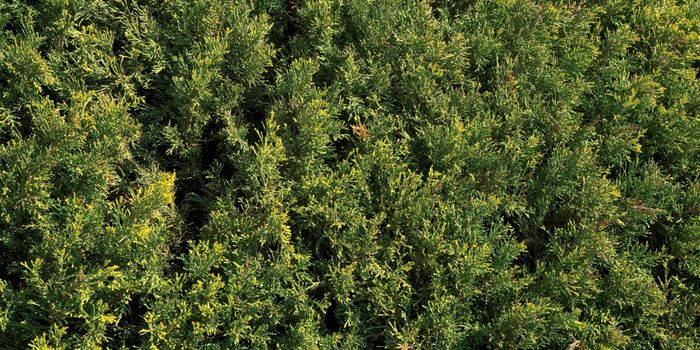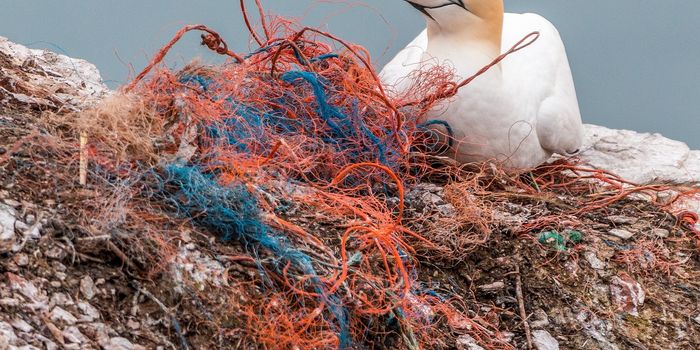South Africa to Legally Export 800 Lion Skeletons This Year
Along with rhino horns and elephant tusks, another animal body part that often gets illegally traded into Asian countries are the bones of lions. They’re believed to have medicinal properties, although such miracle treatments have not been supported by any scientific studies.
Lions are already going through a tough time in the wild considering that their habitat is being overrun by humans, but it certainly doesn’t help that they’re being illegally hunted by greedy individuals who want to cash in on their valuable bones and pelts.
Image Credit: DaFranzos/Pixabay
In an attempt to reduce the slaughter of wild lions in the region, the South African government is approving the legal exportation of 800 lion skeletons into Asia this year, which they believe should supply the existing demand enough that wild lions should be relatively safe; for now.
“South Africa reiterates its concern that if the trade in bones originating from captive-bred lions is prohibited, lion bones may be sourced illegally from wild lion populations,” South Africa’s environmental affairs department explains.
You might also like: The man-eating lions of Tsavo weren't the monsters they were made out to be
The 800 skeletons reportedly come from deceased captive-bred lions, so while they aren’t sourced from the wild animals that the nation hopes to preserve, animal activists still aren’t sold on the morality of the deal, as it could lead to a spike in lion skeleton demand wherever they’re going and backfire on the plan.
One such activist group is an animal conservation group known as Panthera, which actively speaks out against the decision made by the South African government, citing that it will only make matters worse.
Another one, dubbed Pro Wildlife, says that it may be possible to control where the lion bones are sourced from, as the sudden availability of lion bones to Asian countries could encourage additional wild animal poaching that the species can’t afford.
It appears to be a sticky situation for sure, however no matter what decision the South African government makes, it’s up to Asian countries that have black markets for these kinds of items to put a cap on that demand to end poaching at the source. Unfortunately, the chances of this happening are slim today.
Source: Washington Post









